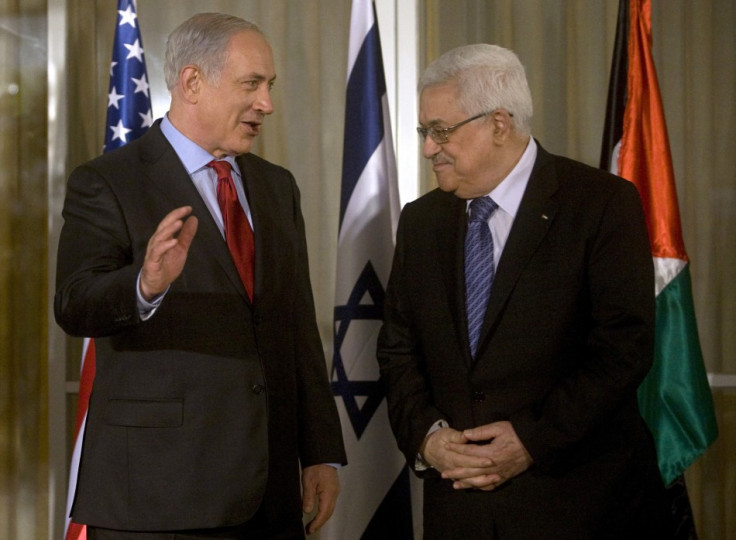Israel/ Palestine: Blair, The Quartet and Entrenched Positions: an Ideal Mix for the Failure of Negotiations?

Tony Blair's role as a Peace envoy in the Middle east is once again under scrutiny after, the Palestine Liberation Organization reiterated previous accusations of bias toward Israel, saying the former UK Prime Minister should no longer represent the UN Quartet on the Middle east, aimed at the Middle East conflict.
Blair's role, which was recently the subject of a documentary narrated by Peter Oborne on Channel Four, titled "The wonderful world of tony Blair", has been rocked by further criticisms after the PLO, the body responsible for conducting peace negotiations on behalf of the Palestinian authority, President Mahmoud Abbas issued a statement.
The PLO had complained about Tony Blair's alleged bias towards Israel for some time and it seems that Palestine's UN statehood bid and request for UNESCO membership has bolstered the assertiveness of country's politicians.
"Blair is unwelcome because he violated his mission as an envoy of a neutral international committee that aims at achieving just peace in the region," said the statement.
"Blair has become Israeli premier Benjamin Netanyahu's spokesman, and this was clear when he tried to form the Quartet's last statement which adopted the Israeli demands on the expense of the Palestinian ones," it also added.
Blair, who was nominated as the envoy of the Quartet in 2007, has denied previous accusations of favouring Israel over the Palestinians, but has yet to officially react to the statement.
The Quartet, made up of officials from the U.S., Russia, the United Nations and the European Union, has also been criticised for its failure to make ground breaking advances since its creation in Madrid in 2002, and peace negotiations between Israel and Palestine are still at a standstill.
The Quartet, held a meeting in Brussels on Sunday October 9, has however announced renewed efforts to reignite the talks and invited the Israelis and Palestinians on September 23 to resume direct peace negotiations.
The proposal, which was accepted by Israel, was however criticised by the pro-Palestinian camp, with supporters pointing out the plan failed to tackle the settlements issue.
"We are ready for talks with all the core issues [of the conflict] on the table," Mark Regev, spokesman for Prime Minister Benjamin Netanyahu, told reporters in Tel Aviv on Monday October 10.
While Israel has accepted the Quartet's offer Palestinian President Abbas has confirmed he would only go back to the negotiations table if Israel stops all settlement constructions.
The Palestinian leadership also insists on the recognition of a Palestinian state on the 1967 territories, a position which Israeli Prime Minister Benjamin Netanyahu said would live his country "indefensible and would leave major Israeli population centres in Judea and Samaria beyond those lines."
Commenting on the Quartet's call, Hanan Ashrawi, a member of PLO executive committee told the Voice of Palestine Radio that new call for negotiation "is an attempt to get out of the crisis the negotiations has been in for a year."
"The Palestinians would rebuff going ahead on the previous peace talk's track and repeat the same experience of failure amid the current diplomatic activities, mainly the Palestinian bid to the UN for statehood," he also added.
The direct peace talks have been stalled for almost one year and despite Israel's willingness to return to the negotiations, a move backed by the U.S., it seems the government is not ready to agree to the Palestinian pre-conditions.
With both Palestine and Israel set in their position, a peace envoy now directly accused of bias towards Israel and the results of the Palestinian UN statehood still uncertain, the possibility of an immediate return to negotiations appears more and more uncertain.
© Copyright IBTimes 2024. All rights reserved.





